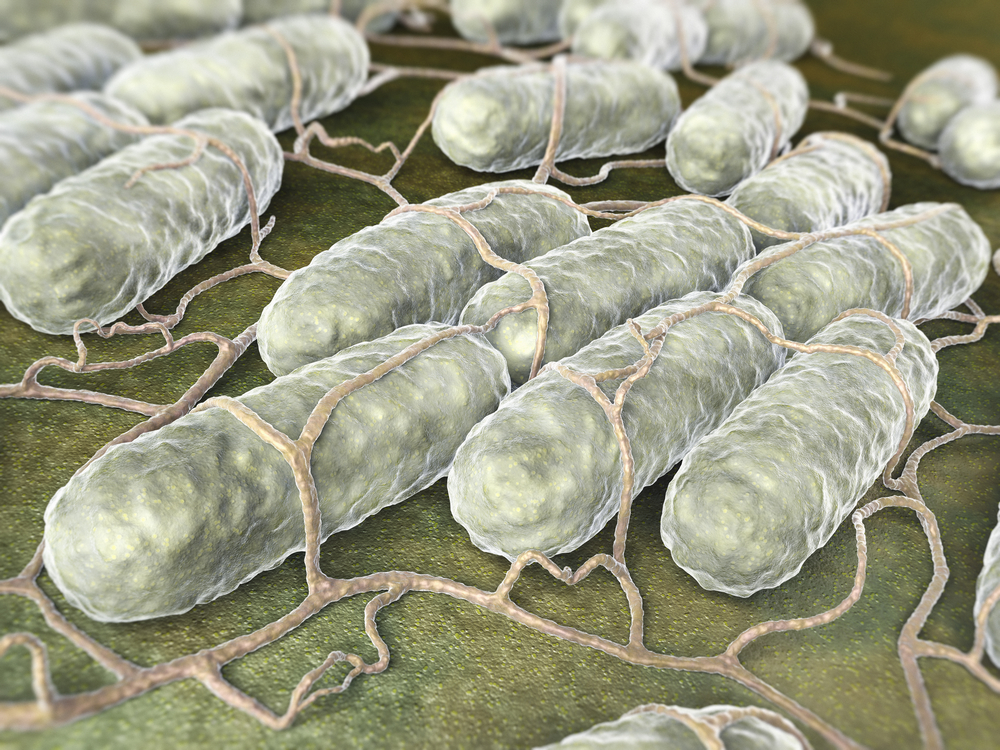Colon cancer cells are no match for Salmonella enterica. However, there is risk for using Salmonella as part of cancer therapy, as the microbe wreaks havoc on the human body. It is notorious for causing severe food poisoning and can kill its host through sepsis. A research team from the Biodesign Institute in Arizona State University and Helmholtz Center for Infection Research in Germany tackled this conundrum in a paper published in mBio, a journal from American Society for Microbiology.
“There has long been interest in using genetically engineered microbes to target and destroy cells within solid tumors,” comment Roy Curtiss, III, PhD, a contributing author on the study, in a news report from the American Society for Microbiology. “I think this study goes a significant way in developing some strategies that will help in the overall means of using Salmonella as part of a cancer therapy.”
The team’s strategy focused on two key ingredients: genetically modified Salmonella strains and CT26 colorectal cancer cells implanted into mice. The recipe, detailed in “Efficiency of Conditionally Attenuated Salmonella enterica Serovar Typhimurium in Bacterium-Mediated Tumor Therapy,” first tackled the toxicity of Salmonella in humans by modifying the lipopolysaccharide structure (LPS) of the bacterial membrane that induces sepsis. After deleting portions of the genome, the team injected the modified Salmonella into tumor-bearing mice.
The ΔrfaD and ΔrfaG mutant strains had the highest specificity and lowest toxicity. Unfortunately, these strains were poorly able to colonize tumors and show their potent anticancer effects. The team’s answer to this problem was integrating an inducible arabinose promoter. Essentially, once the modified Salmonella enters cancer cells, it becomes extremely toxic.
“This transition from a benign, invasive Salmonella that doesn’t hurt normal cells to the toxic type occurs very rapidly (time wise) in the tumor due to the very rapid growth and cell division that occurs when Salmonella enters a tumor,” explained Dr. Curtiss. Time wise, Salmonella replicates every hour in tumor cells, compared to its normal replication every day or twice in a day. As such, the therapy is predicted to be nontoxic to healthy cells of colon cancer patients but deadly to colon cancer cells.
On a larger scale, this therapy may be applicable to different types of cancer. It would likely be used with chemotherapy and radiation therapy, but this would first require clinical trials.


